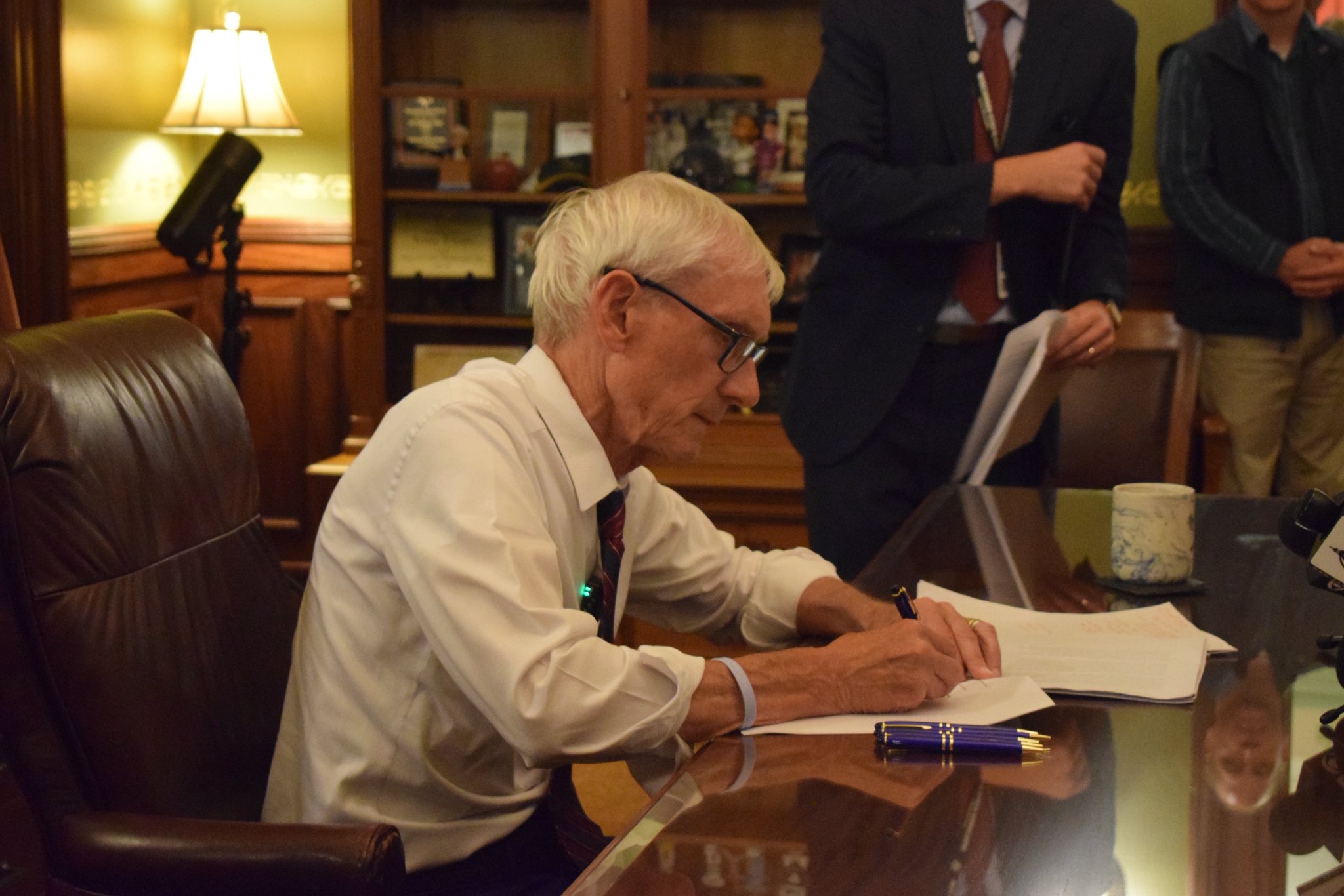
July 9, 2025
By Lane Kimble
MADISON, Wis. — Mick Jagger has reminded us for 56 years, “You can’t always get what you want, but if you try sometimes… you get what you need.”
Such is the case with last week’s (somewhat surprising) last-minute state budget deal, which may not have found a silver bullet to long term, sustainable transportation funding but it certainly provided plenty to celebrate.
Of the big ticket items, the 2025-27 budget includes more than $200 million in new transportation revenues and a more than $700 million total increase to Highway Improvement Programs over 2025’s base levels.
State Highway Rehab (15%), the Major Highway Program (33%), and Southeast Megas (26%) all saw double-digit increases in funding, paving the way for significant projects such as I-94 East-West in Milwaukee and the massive I-39/90/94 expansion between Madison and Wisconsin Dells.
Gov. Evers signed the $111 billion two-year spending plan early in the morning on July 3 after the Senate and Assembly approved it late the previous day.
“We are appreciative to Governor Evers and the Legislature for crafting a budget that makes a $200 million downpayment on finally resolving the billion-dollar shortfall in our transportation fund,” WTBA Executive Director Steve Baas said.
“This budget moves us one step closer to a sufficient sustainable solution that will keep our roads and communities safe and our Wisconsin economy strong.”
Read full WTBA Budget Analysis HERE
Much more to cheer about
There were other great accomplishments in the state budget thanks to WTBA staff’s hard work and ongoing advocacy from its members.
- The governor approved a legislative plan to spend $600,000 on a WisDOT pilot program that will study enhanced safety measures on up to 10 state highways.
- The budget also authorized spending $60,000 to establish an ongoing work zone safety educational program while awarding a grant to a private organization to create an online platform for young drivers to take the course. Sound familiar? WTBA and its partners launched Work Zone Safe Wisconsin in April 2024. Since then, staff has pushed for the state to require the course by law. The free online program has been adopted by dozens of driving schools across Wisconsin and more than 2,500 people have successfully completed it.
- The fledgling Design Build pilot program received another $92,500,000, which WisDOT will use on three specific projects. WTBA is working with state leaders to develop a permanent Design Build platform.
- Lawmakers also agreed to insert claims reform into the massive budget document. The new law requires Department of Administration Claims Board to make final determination on any WisDOT contractual claim filed within 6 months. It also specifies if the Claims Board finds a claim would be more properly handled in a court of law or if the Board fails to make final judgement within six months, the claimant may seek judgement from the state.
Finding the funds (and more work to do…)
Balancing the transportation budget, however, relied on a significant one-time general funds transfer of $565,000,000 from the state’s multi-billion dollar surplus. Lawmakers on both sides of the aisle have admitted that option likely won’t be available when the next two-year budget cycle rolls around in 2027.
Meanwhile, the Senate and Assembly decided to reduce Gov. Evers’ proposed vehicle title fee increase to just $50 and eliminated the governor’s plan to dedicate the sales tax from vehicle parts for the transportation fund. Still, the title increase will generate an estimated $116 million in new revenue over the next two years.
The governor’s proposed $8.50 driver’s license fee increase remained intact.
“Certainly (the governor is) going to point to the things he likes, we’re going to point to the things we like. That’s a compromise,” Joint Finance Committee Co-Chair Rep. Mark Born said on WISN 12’s “UPFRONT” after the budget deal.
“Are there things that would have been different if I got to build it personally on my own, or our caucus just got to build it on their own? Of course. But that’s the way the legislative process works, and that’s part of the compromise.
So, what’s ahead?
The 2025-27 budget did a lot of good for the transportation construction industry.
However, it did not fully address the more than $1 billion transportation funding shortfall, which will impact members’ ability to plan and prepare for work without a solution in the next couple of years.
Rest assured, WTBA staff has already started work to build a coalition of supporters and widen the public’s understanding of the necessity in finding a sustainable funding fix.
